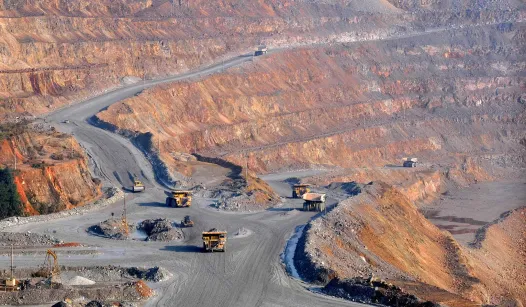The West’s reliance on China for rare earth elements has become a pressing issue in global politics and economics. These materials are essential for a wide range of technologies, including smartphones, electric vehicles, and renewable energy systems. As the demand for these technologies grows, so does the urgency to address this dependency.
China currently dominates the rare earth market, controlling about 60% of global production and nearly 90% of processing capabilities. This monopoly poses significant risks to Western economies, particularly as geopolitical tensions rise. The consequences of this reliance are manifold: supply chain vulnerabilities, potential price manipulation, and strategic leverage for China in international relations.
Transitioning away from this dependency will undoubtedly come with challenges and costs. Establishing alternative sources of rare earth elements involves significant investment in mining, processing, and refining capabilities in other countries. Moreover, developing new supply chains will take time and require collaboration among governments, industries, and research institutions.
However, the long-term benefits of reducing dependency on China are clear. By diversifying sources of rare earth elements, the West can enhance its economic security, foster innovation, and maintain a competitive edge in the global market. Additionally, investing in domestic production and recycling technologies can create jobs and stimulate economic growth.
In conclusion, while the path to breaking free from China’s rare earth monopoly may be costly and complex, it is a necessary endeavor for the future stability and prosperity of Western nations. The time to act is now, as the geopolitical landscape continues to evolve and the demand for rare earth elements remains on the rise.
